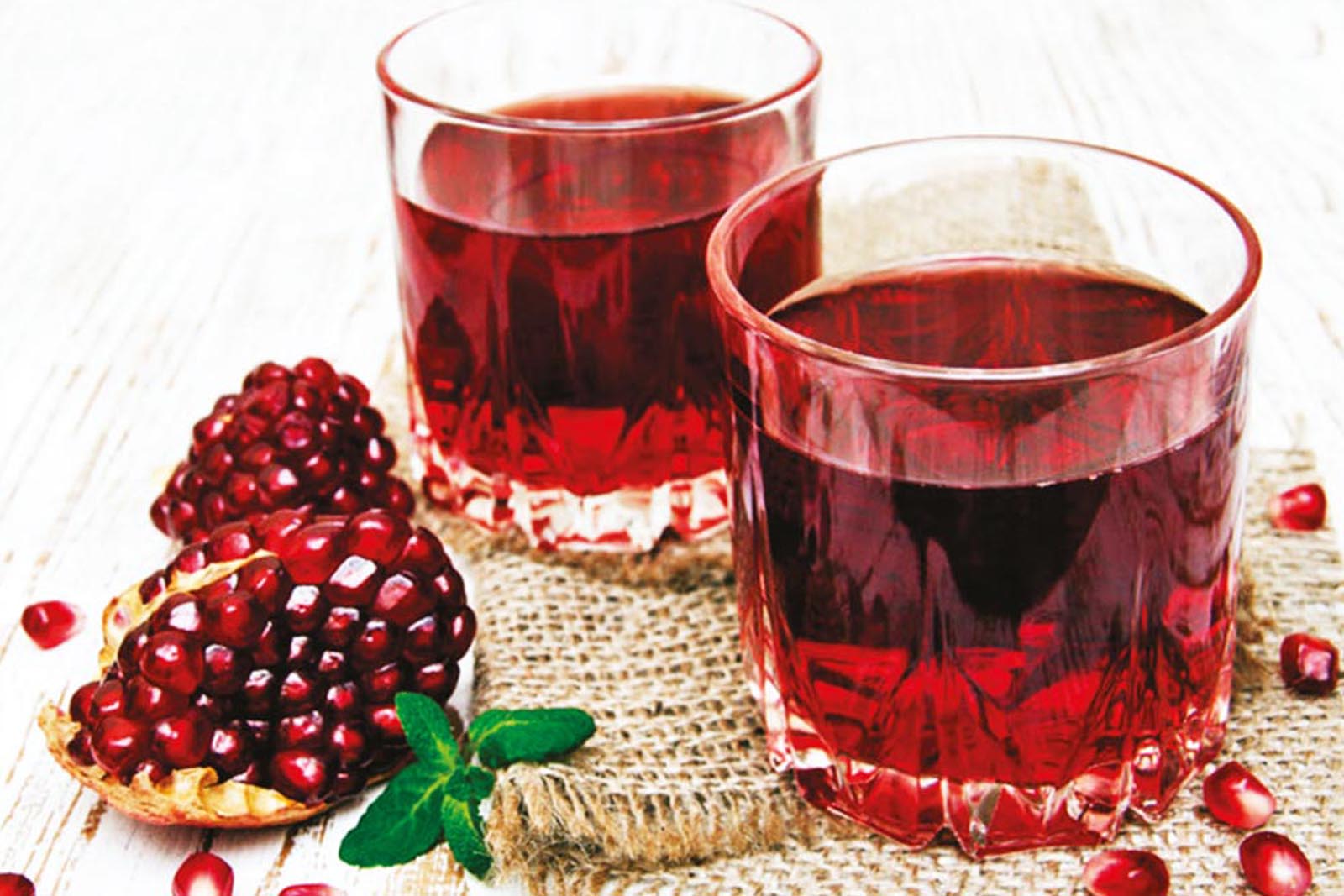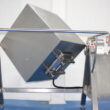
The risk of developing cardiovascular diseases such as high blood pressure and dyslipidemia (increase in the amount of cholesterol, total glyceride or LDL in the blood or decrease in the amount of HDL) in diabetic patients (type-2) is 2-4 times higher than in individuals without diabetes. Research shows that antioxidants can play a protective role in such cases. Among the antioxidants, pomegranate juice stands out with its rich anthocyanins and tannin-type components. In a newly published clinical study, the effect of pomegranate juice application on high blood pressure and blood lipid values in type-2 diabetics was investigated.
62 volunteer diabetics aged 40-65 years and with fasting blood sugar above 126 mg/dL participated in the study. Volunteers do not have any other chronic disease, do not smoke in the last three months, do not use insulin, hormones and nutritional support, etc. selected from among individuals. Patients in the experimental group were given one large glass of pomegranate juice (200 milliliters) per day for 6 weeks [pomegranate juice adjusted to be the standard content of 425 milligrams of total polyphenols and 11.8 grams of glucose]. No treatment was applied to the control group patients. Volunteers were asked to continue their usual diet and physical activities during the practice. Blood pressure measurements were made in 3-day periods, blood sugar and lipid levels were made on the first day and at the end of the experiment.
At the end of the application, it is reported that pomegranate juice provides a significant decrease in blood pressure values in diabetic patients [systolic blood pressure averaged from 13.5 to 12.3; diastolic blood pressure decreased from an average of 7.7 to 7.2]. It is thought that this effect of pomegranate juice is shown by suppressing the angiotensin converting enzyme (ACE), which causes narrowing of blood vessels and raises blood pressure. On the other hand, the decrease in blood lipid values (total cholesterol and LDL-cholesterol) provided by pomegranate juice was not at a significant level. Although this value is not obvious, I think that polyphenols such as punikalagin and ellagic acid in pomegranate juice can prevent the conversion of cholesterol into forms such as oxidized cholesterol, which is a more dangerous form, with its strong antioxidant effect. It is also known that these polyphenols prevent the proliferation of microorganisms and thus provide protection from upper respiratory tract infections. Now is the time for pomegranate, and a glass of freshly squeezed pomegranate juice a day can be beneficial in maintaining our health.


